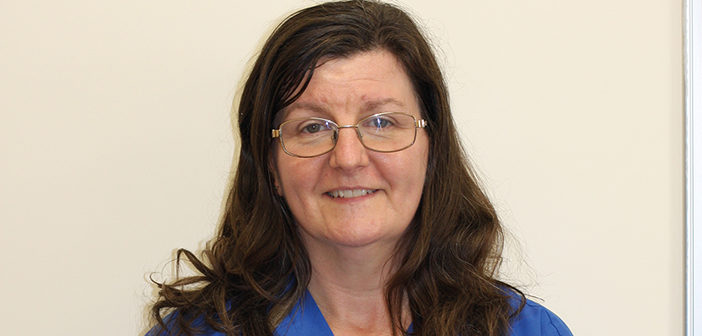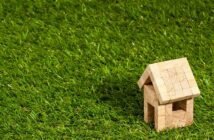By Dr Diane Wilshaw
Q: My poodle always seems to have ‘sleep’ under his eyes. What is the best way to clean it?
A: Firstly I would advise having him checked out by a vet just to ensure that there isn’t an underlying problem – especially if it is a new condition. You can clean the ‘sleep’ with an eye wipe, soft tissue or damp cotton pad but remember to use a separate one for each eye and use a fresh one each time.
Q: A female stray cat has ‘adopted’ us. We are happy to have her as a member of the family but we don’t want her getting pregnant. Is a vet able to tell if she has been spayed?
A: Before you ‘adopt’ the cat make sure she doesn’t belong to anyone else as she won’t be the first cat to have two homes! Ask around the local area and take her to the local vet to see if she is microchipped. Vets can do blood tests to measure hormone levels which can indicate if she still has her ovaries, they could shave a patch of fur to check for a spay scar or perform minor surgery to check if a uterus is present.
Q: I noticed an advert for a vaccination that covers rabbits for Myxomatosis and Viral Haemorrhagic Disease. I have heard of Myxomatosis but not the other disease. What is it and how common is it?
A: VHD is a highly infectious and often fatal virus that first appeared in the UK in 1992. Because it is transmitted by direct contact between rabbits or from surfaces contaminated by other rabbits many owners of solitary rabbits did not want the vaccination. When your rabbit has its annual myxomatosis vaccination it will automatically be covered against VHD with this vaccine.
Q: My collie has started eating compost from the tubs in the garden. He is 16 years old and has never done this before. He is eating all his dog food every day so cannot be hungry. Can you offer any advice?
A: There are a number of reasons why he may be doing this. The first is that, like humans, as dogs get older they can undergo ‘senile’ changes which can result in odd behaviour. It could be due to a deficiency of a mineral substance in his diet but if you have not changed his diet recently this is unlikely. The third reason is a change in your dogs metabolism which means he cannot absorb the minerals he needs. It would be worth seeing a vet who can run tests and advice on the correct course of action.





